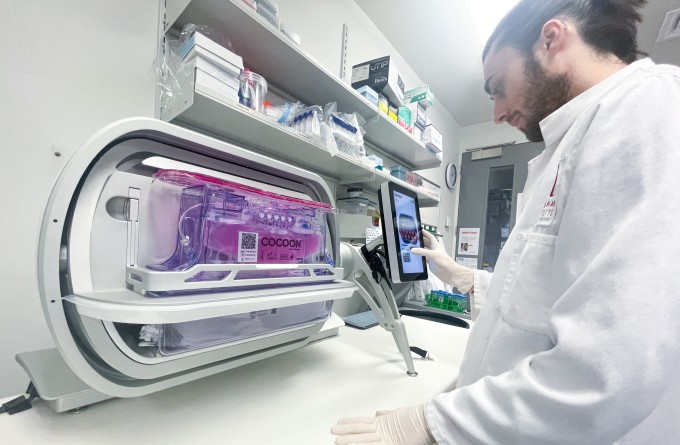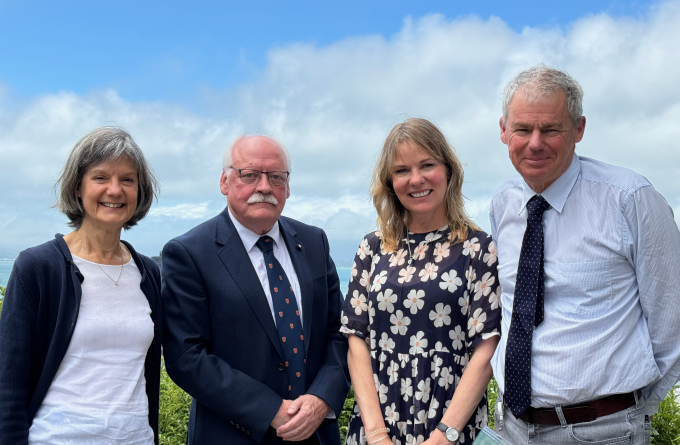13 December 2021
Recent research from the Malaghan Institute has uncovered a new way prostate cancer could be targeted by immunotherapies.

Dr Ellie-May Jarvis
The study, funded by the Prostate Cancer Foundation and published in Frontiers in Immunology, found that immune cells that can reside in prostate tissue, called MAIT cells, function abnormally and have an abundance of a molecule called PD-1 on their surface. When these MAIT cells were activated using a vitamin B variant and the PD-1 molecule was blocked, it resulted in anti-tumour activity that destroyed the cancer cells. This research was conducted by Dr Ellie May Jarvis as part of her PhD with the Malaghan Institute.
“Immunotherapies that effectively treat prostate cancer are not yet a standard of care. This dual strategy of activating MAIT cells and blocking PD-1 could offer a potential way of treating malignancies including prostate cancer,” says Dr Robert Weinkove, Malaghan Institute Clinical Director, who supervised the research.
Prostate cancer is one of the most prevalent cancers that affect men. Though it can affect men of any age, the chances of developing prostate cancer increase dramatically with age.
“Most men will develop prostate cancer if they live long enough,” says Dr Weinkove. “It often grows slowly, but can drastically impact the quality of life of those who have it. What is particularly dangerous is if the cancer spreads to other parts of the body such as the bone.”
Current treatments for prostate cancer can involve surgery, radiotherapy, chemotherapy, or testosterone inhibitors. This is because testosterone facilitates the growth of prostate cancer. Some of these treatments can cause severe side-effects. Immunotherapies use our own immune system as a way to target and destroy cancer cells, and are routine for some cancers, but have not been highly effective for prostate cancer to date.
“MAIT cells could be a good target for immunotherapies because, unlike other types of T-cells, they can all be activated by the same molecule, a specific vitamin B variant. This is significant as we don’t have to engineer very specific T-cells for each patient,” says Dr Weinkove.
Dr Jarvis says her research involved experimental work using blood cells from healthy donors and people with prostate cancer in the lab. “I’d like to thank Professor John Nacey, Dr Brendan Luey and Prof Brett Delahunt who helped me to recruit patients for this study.”
“More work needs to be done to understand if it can be applied in clinical trials, but it’s a promising starting point,” says Dr Jarvis. “We and other researchers in New Zealand and overseas are exploring various immunotherapies that activate MAIT cells, and our research suggests that blocking PD-1 in conjunction with these might be important for cancer therapy.”
Related articles

Kjesten Wiig: bringing life-changing treatments to life
27 February 2025

Malaghan CAR T-cell cancer therapy trial expands to Christchurch and Auckland
24 February 2025

Cancer Research Trust grant to improve CAR T-cell therapy
12 February 2025

World-renowned cancer pathologist joins the Malaghan Institute as Distinguished Research Fellow
19 December 2024

New Zealand to New York and back again: Malaghan researcher tackling liver cancer
18 November 2024

CAR T-cell therapy, the battle of the blood cells
26 September 2024
